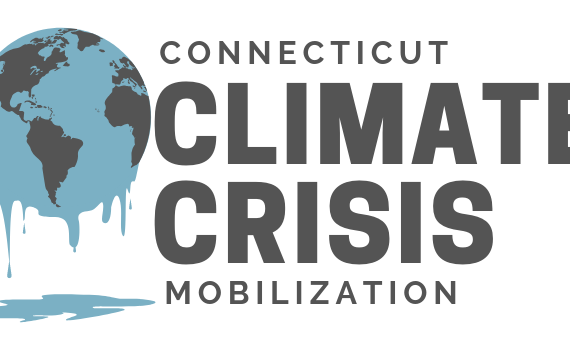Gun violence conversations have increasingly focused on mental health issues, shifting the dialogue away from the realities facing our urban youth who are at risk of being exposed to gang culture and its repercussions. To bring the conversation back to these points, Connecticut Against Gun Violence (CAGV) and Project Longevity hosted a screening of Shell Shocked in an effort to raise awareness and build support for Project Longevity, a new, targeted initiative focused on eliminating group-related violence in urban neighborhoods.
Shell Shocked examines the environment that contributes to gun violence and then explores solutions that helps break the cycle of poverty and violence among urban youth. Realizing the need for a dialogue that bridged the gap between the many people and institutions impacted by violent crime, Director John Richie sought to expose the realities of living in New Orleans, where every African-American child he was working with had been touched by gun violence.
Following the screening, Richie led a panel discussion among Tiana Hercules, Project Manager of Project Longevity, Hartford; Ron Pinciaro, Executive Director of CT Against Gun Violence; Reverend Henry Brown; and Sergeant Steven Austin of the Hartford Police Department.
The panel focused largely on the role of Project Longevity in addressing violent crime in an era marked by widespread access to firearms and strong opposition to gun control efforts from pro-gun lobbyists. Longevity, the Obama Administration’s community-policing approach to prevent gun violence, sends new federal grant dollars to urban neighborhoods, targets repeat criminals who are most at-risk of being a victim or perpetrator of gun violence, and offers an ultimatum: accept a comprehensive package of social services meant to help those who wish to break the cycle of violence and gang activity – or “receive the full attention of the law” the next time any violence occurs, even if those targeted were not directly involved in the crime.
A key component of Longevity is a quarterly “call-in,” an intervention that convenes a partnership of law enforcement at the local, state, and federal level, community members, service providers, parents, and members of the clergy. According to Tiana Hercules, “They speak to these young men and in some cases young women at the call-in and explain to them the consequences of further gun violence in the city of Hartford. Essentially, the message is put the guns down or the next body that drops in the city or person to get shot is going to receive the full focus of law attention. And not only yourself, but also those who you run with.”
Longevity has received mixed reviews. Reverend Henry Brown is grateful for the program’s emphasis on community engagement. Rev. Brown lamented, “Systematically, we have been destroyed. … Our kids don’t believe they’re gonna live to be eighteen years old …. What will save people’s lives is what we do as a community, one group of people striving for change. … That’s why I want to support the Project Longevity so we can make sure that the people that are bringing these guns into Hartford, that they stop those people from bringing those guns here. We don’t want them there. We don’t need them here. We want our children to live. These kids in Hartford don’t’ want to die. But we’ve been forced into a situation where you either live by the streets, you die, or you go to prison. That’s not right.”
Not everyone has bought into Longevity. Some worry the program will have the effect of continuing to disproportionately incarcerate more minorities without addressing the structural barriers to escaping poverty and its associated risk factors, such as inadequate educational opportunities in inner-city schools. However, the program is not meant to be a stand-alone solution. Hercules explained, “It’s an intervention strategy and it’s not a cure-all by any means. It’s one very small piece in work that’s very dynamic.” To that end, guests were encouraged to organize and engage the new Superintendent in Hartford to explore possible solutions.
Connecticut is the first state to implement Project Longevity on a statewide basis. Currently, the program exists in Hartford, New Haven, and Bridgeport, but the Malloy Administration has expressed a desire to expand to other cities, including Stamford, Norwalk, Danbury, New London, and New Britain. Hartford’s first and only call-in to-date occurred in early April, 2014.
Those interested in learning more about Project Longevity or becoming involved are encouraged to contact Tiana Hercules at (203) 507-1982, or thercules@project-longevity.org.

